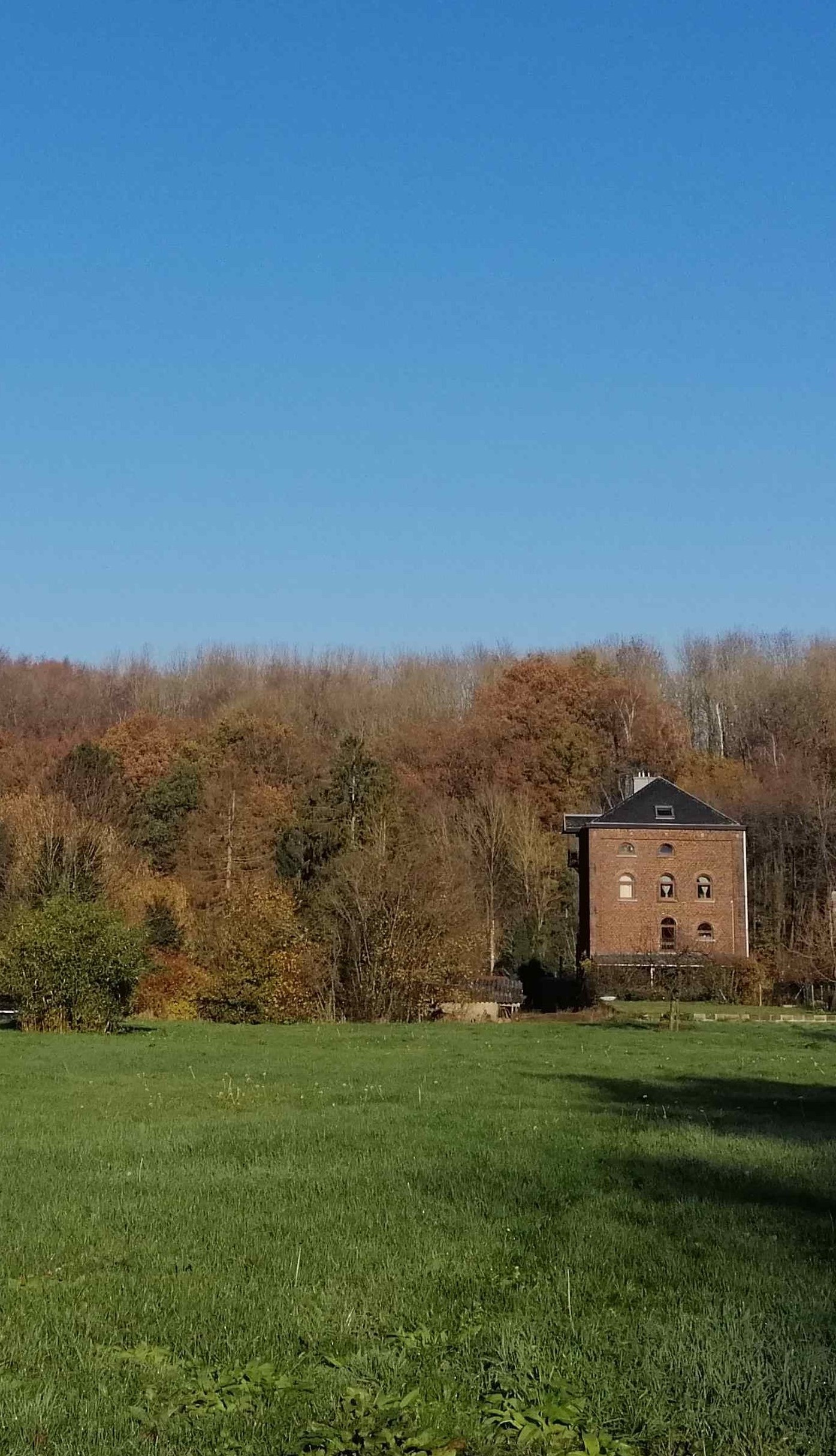It is a jewel box set in water, an old mill, with the wheel missing. A migration of the valley for centuries. Surrounded by greenery and trees, the Josefa Mill invites to conviviality and hospitality.
Around the concept of migrant housing, on a large space, the project Josefa II can be invented and built. A common project, between partners, which, from the private, tends to the public, to the common good with a desired circular vocation « Nature-Human ».
The history of the place is placed under the sign of water. As an element of flow and movement by essence, water has left its mark and can only inspire the project.
Habitat Migrant is a modular habitat, a new habitat for tomorrow, with a real concern for environmental impact. Residences for migrants of the world that we all are, a vision for the benefit of future generations. Migrant Habitat that transcends space and our own migrations.
Apart from its charms, the Josefa Mill has advantages, among others, of mobility: proximity to a SNCB station, a bus line, a main road and motorway, the village of Mont-Saint-Guibert with its shops, the UCLouvain and this, in the heart of Walloon Brabant and the center of Belgium.
The boldness of a common investment, with philanthropic and humanitarian contours, with social and even societal profitability aims, without neglecting a serious consideration of economic flows.
The territory (1.35 ha) offers many possibilities: a protected green zone, spaces for permaculture, agri-culture, biodiversity, a watercourse. As for the subdivided areas or those to be subdivided, they offer housing and open up to artistic or cultural dimensions, without neglecting the spiritual dimensions and migrant habitats.
Aesthetics, ethics and economics
The aesthetic dimension sought for the Josefa Mill is articulated with economic issues at the heart of a dynamic which is globally ethical.
Strengths: experience of the partners and the Josefa Foundation; maturity of the stakeholders and multiple skills; willingness to commit; a priori confidence; participation of a duo of architects sensitive to societal projects, a real estate lawyer and a notary expert in housing law; favorable attention from the municipality and the Region; potential subsidies; the presence of residents attached to the Josefa Mill.
Risks: degree of involvement of residents; urban planning constraints; legislative, administrative, and political contingencies.
Potential partners: Josefa Foundation, Arkipel, Natagora, Somfy Foundation, close neighbors, Penuel, recreation area, surrounding farmers, Waldcube, Cabin Anna, Habitat et Participation, Proto-Habitat.


